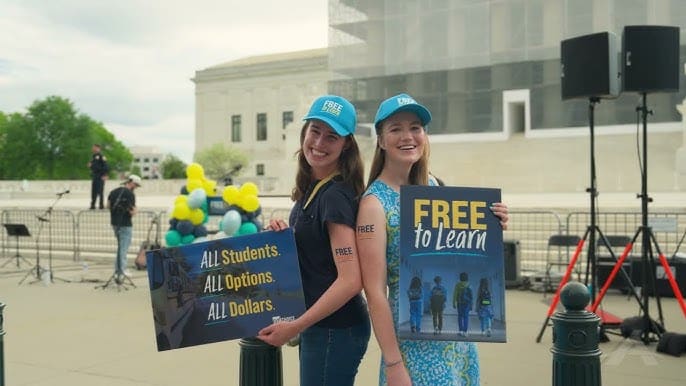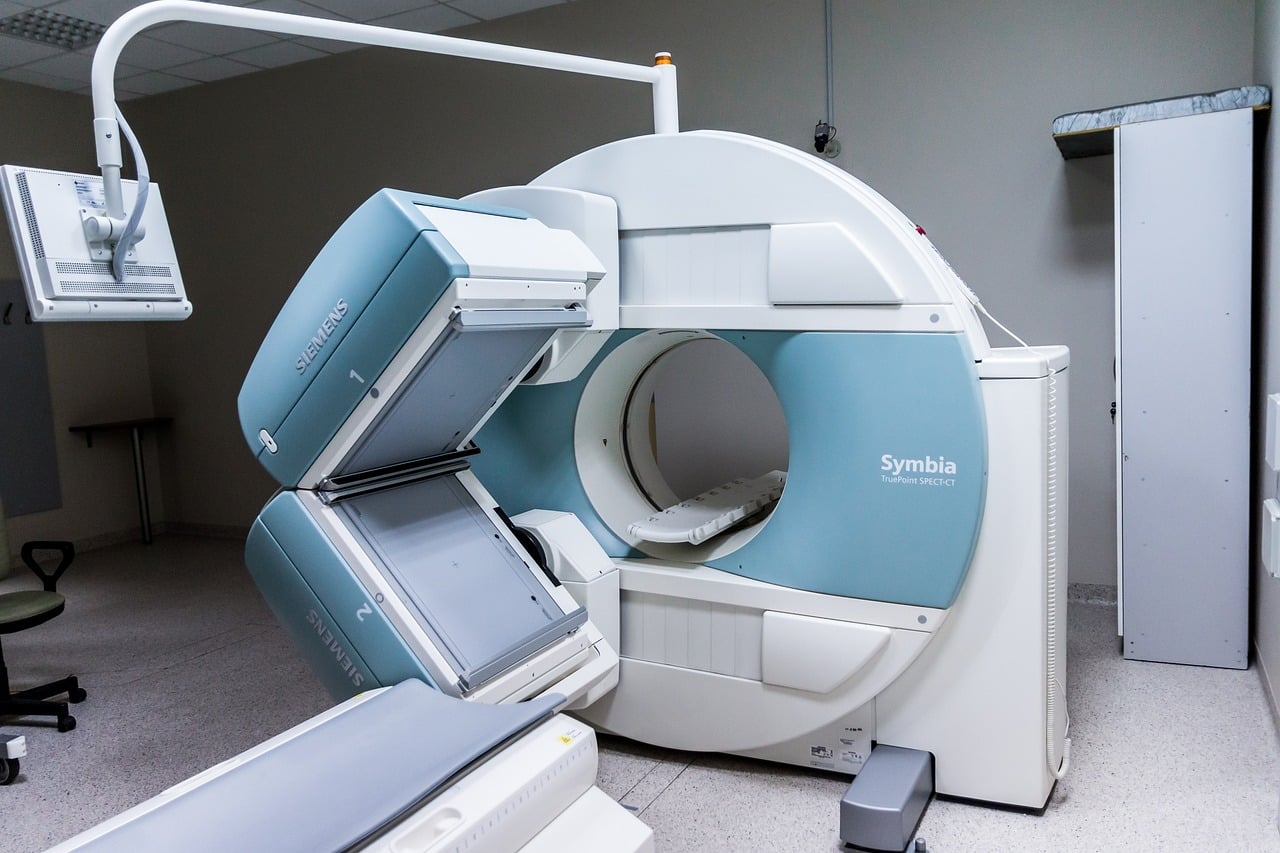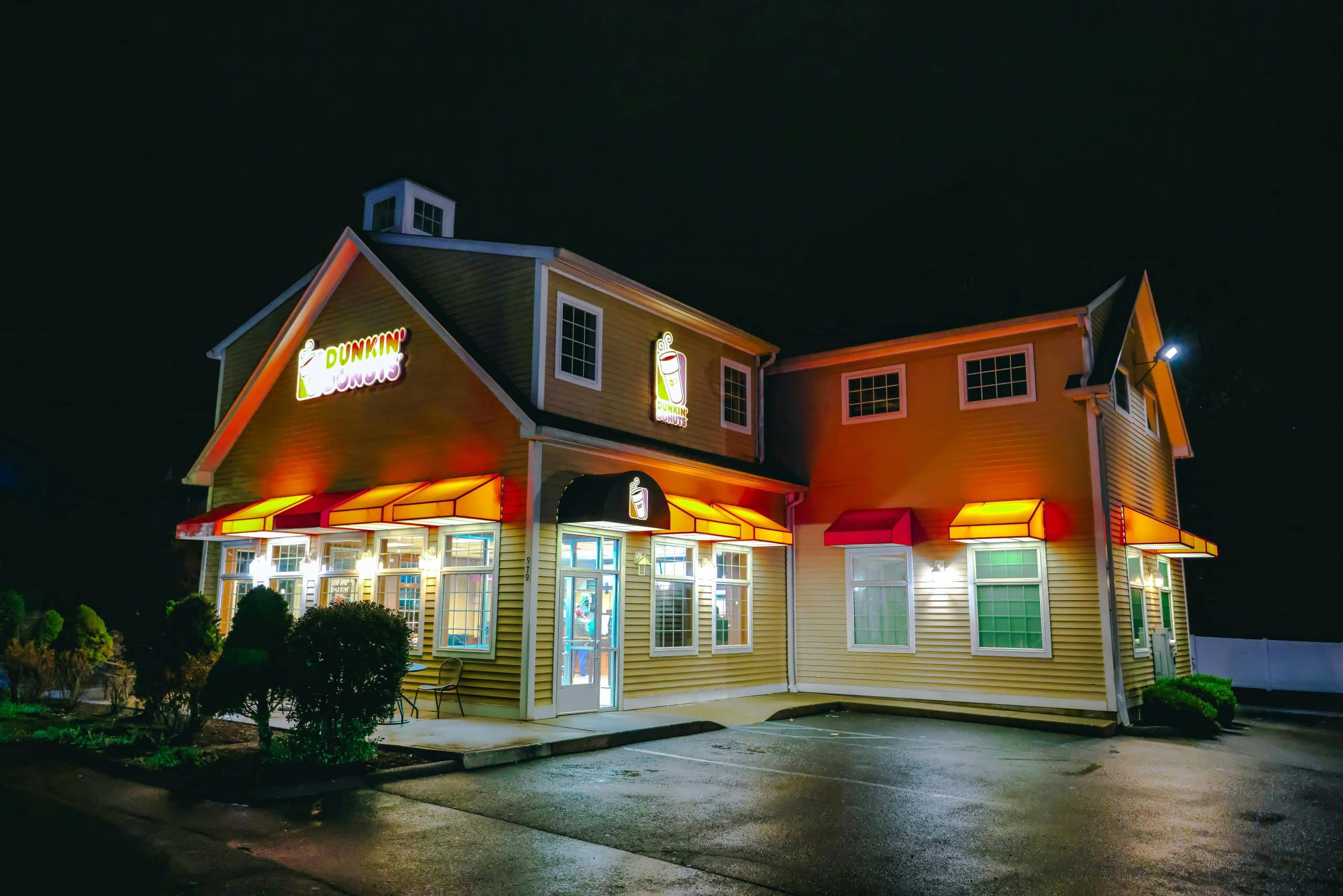The U.S. Supreme Court is considering a landmark case that could determine the constitutionality of the first Oklahoma religious charter school, St. Isidore of Seville Catholic Virtual School. The case, Oklahoma Statewide Charter School Board v. Drummond, focuses on whether a publicly funded charter school with religious affiliations violates the Establishment Clause of the First Amendment, which prohibits government establishment of religion.
Oklahoma Religious Charter School Set to Open
St. Isidore was set to open as a virtual school in the 2024–25 school year, serving 400 to 500 students. The school’s contract was approved in 2023 by the Oklahoma Statewide Virtual Charter School Board. However, the contract was pulled following a June 2024 ruling by the Oklahoma Supreme Court, which found that the school would violate both the Oklahoma Constitution and the First Amendment’s Establishment Clause by promoting religious teachings that were funded publicly.
The Oklahoma Supreme Court’s decision was based on the premise that charter schools are public institutions and must not have any religious affiliation. The majority opinion stated that enforcing the contract would possibly lead to government entanglement with religion, undermining the freedom to practice religion without governmental intervention. In contrast, Justice Dana Kuehn dissented, arguing that excluding St. Isidore solely based on its religious affiliation would violate the Free Exercise Clause of the First Amendment.
Supreme Court Ruling
The U.S. Supreme Court agreed to hear the Oklahoma religious charter school case, consolidating it with another related case, Laboratory Corporation of America Holdings v. Davis. Oral arguments were held on April 30, 2025, and a decision is expected by late June or early July. Justice Amy Coney Barrett recused herself from the case due to prior connections with one of the parties involved, and Chief Justice John Roberts’ vote is anticipated to be pivotal in the outcome.
Nationwide Attention
The Oklahoma religious charter school case has gained national attention, with significant implications for the intersection of education, religion, and government funding. Proponents of St. Isidore argue that excluding religious institutions from public programs constitutes discrimination and infringes upon religious freedom. Opponents, including civil liberties organizations and public education advocates, contend that allowing religious charter schools would breach the constitutional separation of church and state and could lead to public funds supporting religious indoctrination.
The outcome of this case could set the stage for the future of religious charter schools throughout the United States, with the potential to reshape what public education looks like and the application of constitutional principles concerning religion and government.








